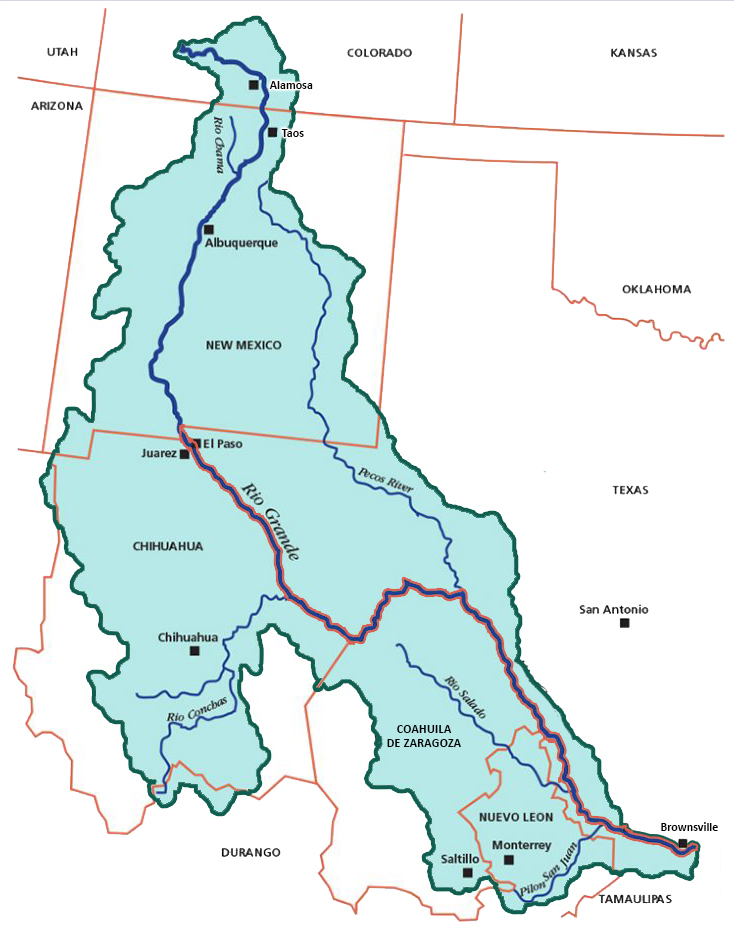The first cohort of the Peregrine Accelerator for Conservation Impact focused on innovative conservation solutions that support or advance ecological and human health in the Rio Grande/Rio Bravo River basin.
The Basin:
The Rio Grande/Rio Bravo basin is a mosaic of cities and towns, working lands, public lands, and protected areas. By definition, it is also transboundary, with approximately half the watershed in the US and the other half in Mexico. It includes important wildlife habitats, migration corridors, and rich biodiversity, alongside deep cultural history and diverse human settlements. Throughout the basin, the health of landscapes and communities are deeply intertwined, and the river is crucial to both.
At the same time, the basin is beset by climate change, and its natural resources, ecosystems, and wildlife face a variety of threats. The region is also experiencing rapid population growth and economic development, all of which impact the health of the basin and lead to less water for communities, habitat, and species.
The current reality and future of the Rio Grande/Rio Bravo basin pose important challenges and opportunities for innovative approaches to land and water conservation, community health and engagement, and transboundary collaboration.
The Solutions:
Proposed solutions addressed at least one of the three focus areas below. We strongly encouraged all proposals to integrate themes of climate resilience and nature-positive solutions, social equity, and community benefit.
Explore the impact the inaugural cohort of project teams created in the Rio Grande/Rio Bravo Basin. View the 2023 Cohort Story Map
2023 Cohort
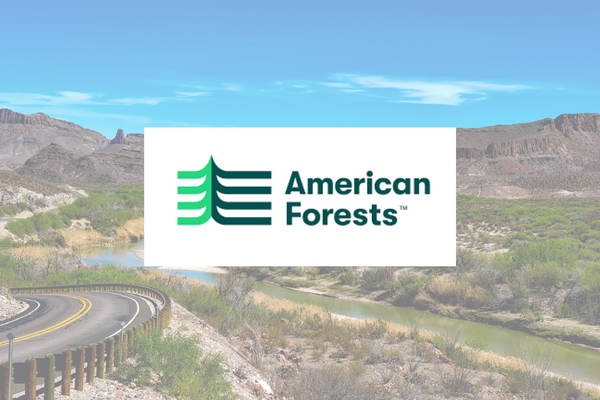
Transboundary conservation through resilience in the Rio Grande/Rio Bravo delta: developing a four-part Action Plan for success

American Forests: Develop a five-year Integrated Resilience Action Plan for South Texas and Northeastern Tamaulipas to identify integrated biodiversity and community resilience goals.
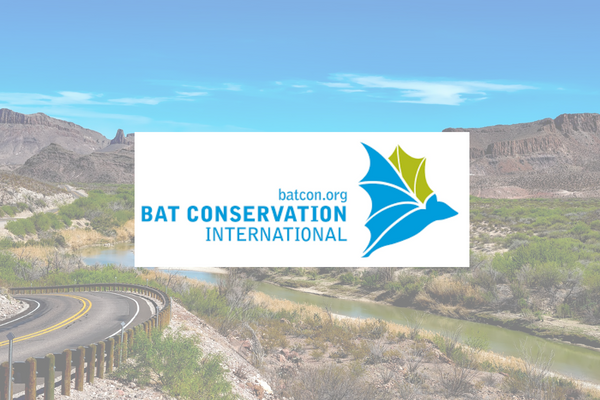
Addressing ecological and social challenges from the ground up: Establishing community-based conservation at a landscape-scale to protect endangered bats and enhance local livelihoods

Bat Conservation International: Implement community-based agave restoration, regenerative agriculture, and ranching, and create a network of community green business enterprises to support nectar bat foraging habitat and rural economies.
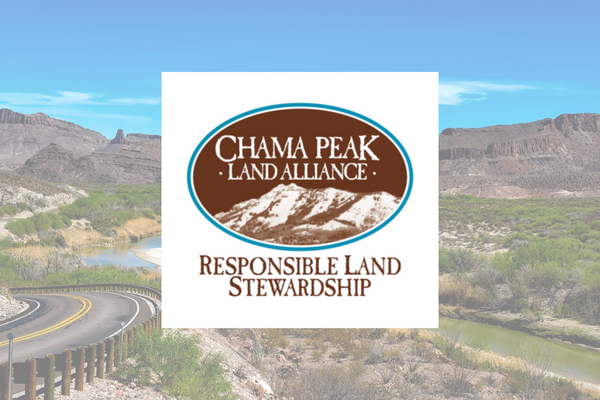
Uplands restoration pilot projects for working lands in the Rio Chama Watershed

Chama Peak Land Alliance (CPLA): Initiate an opportunity for ranchers and farmers to do replicable riparian restoration projects across the Rio Chama Watershed and the broader basin
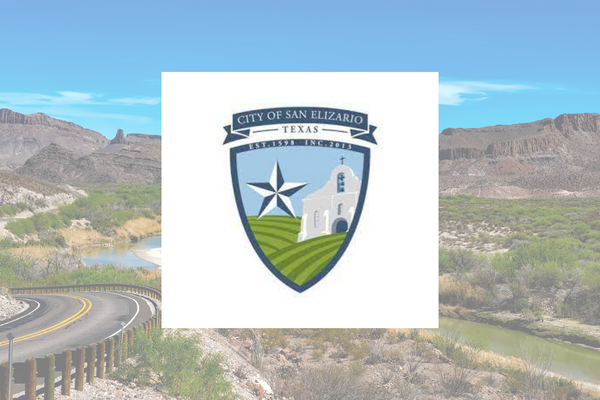
Capturing floods for farms with water banks in El Paso County, Texas

City of San Elizario Urban Agriculture Department: Build water banks with local El Paso County residents to harvest and then sell the collected rainwater to local agricultural users at market price, thus mitigating flood impacts while supporting local agriculture and the economy.
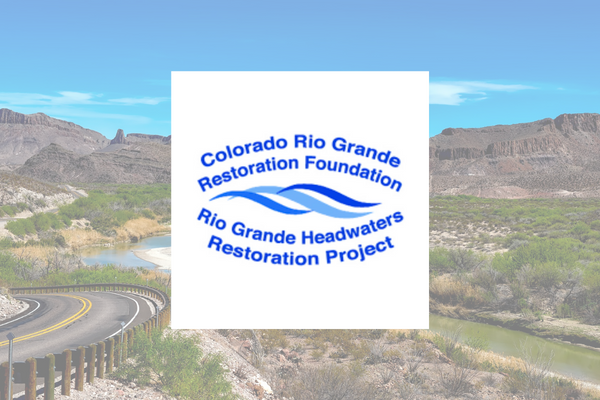
Community-river reconnection on the Rio Grande in Alamosa

Colorado Rio Grande Restoration Foundation: Implement comprehensive river access, agricultural infrastructure improvements, and aquatic and riparian habitat restoration as part of a broader, long-term effort to protect and restore streams and rivers in the headwaters of the Rio Grande Basin.
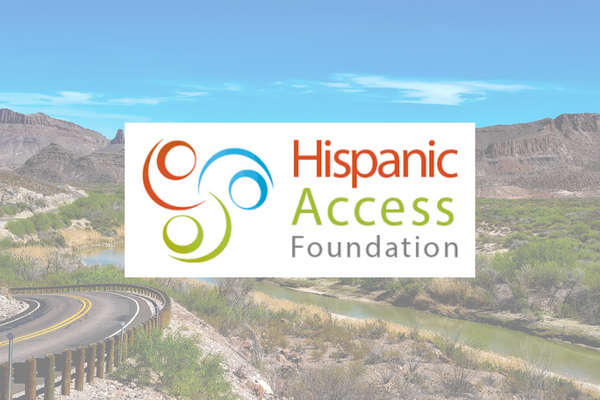
Rio Grande Valley Wildlife Refuge

Hispanic Access Foundation: Establish a wildlife refuge in Southeast Texas between the border wall and the Rio Grande, while advancing Latino grassroots leadership in local conservation efforts and increasing access to recreation opportunities.
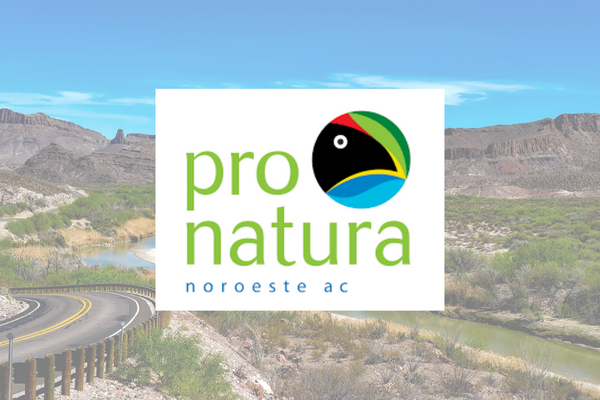
Strengthening governance in the Rio Grande/Río Grande basin

Pronatura Noreste, A.C.: Establish a binational working group with the Río Grande Joint Venture to promote collaboration and governance mechanisms in coordination with the International Boundary and Water Commission (IBWC) and the Comisión Internacional de Límites y Aguas (CILA) in order to improve the predictability and reliability of water deliveries to users in the United States and Mexico.
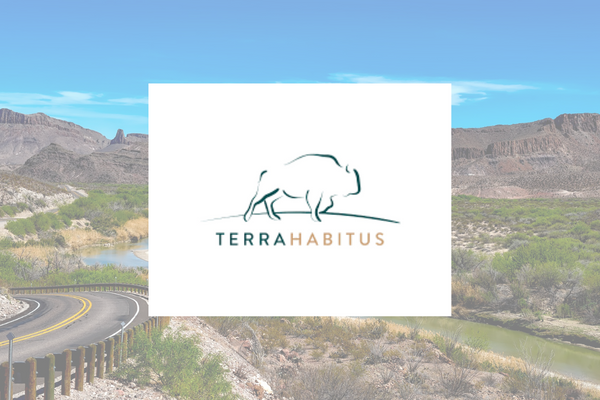
Identification of the main aquifers and recharge zones for the Monterrey Metropolitan Area and design of a voluntary payment mechanism for environmental water services

Terra Habitus A.C.: Identify and prioritize the recharge areas of the regional aquifer systems in Monterrey, Mexico, to support groundwater use planning and improve its sustainability, as well as design a payment mechanism for water services to generate new financing for the management of sub-basins and priority recharge zones.
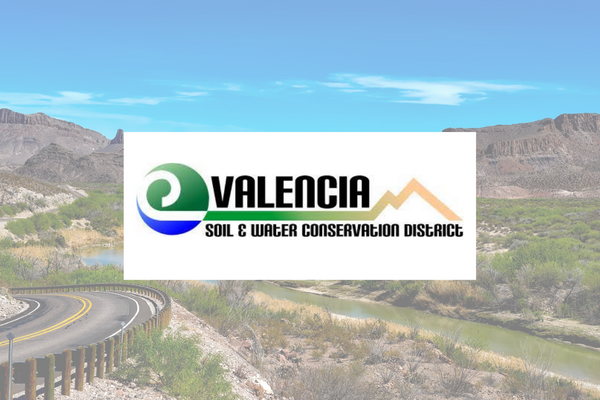
Going Regional: Amplifying Local-Scale Public and Private Conservation Efforts to Protect the Middle Rio Grande Ecosystem for Benefit of Citizens and Native Species

Valencia Soil and Water Conservation District: Partner with wildfire experts, riparian ecologists and scientists, and other water stakeholders in the Middle Rio Grande to reduce wildfire occurrence and severity and to develop post-fire revegetation designs that are climate-adapted and maximize native biodiversity.

